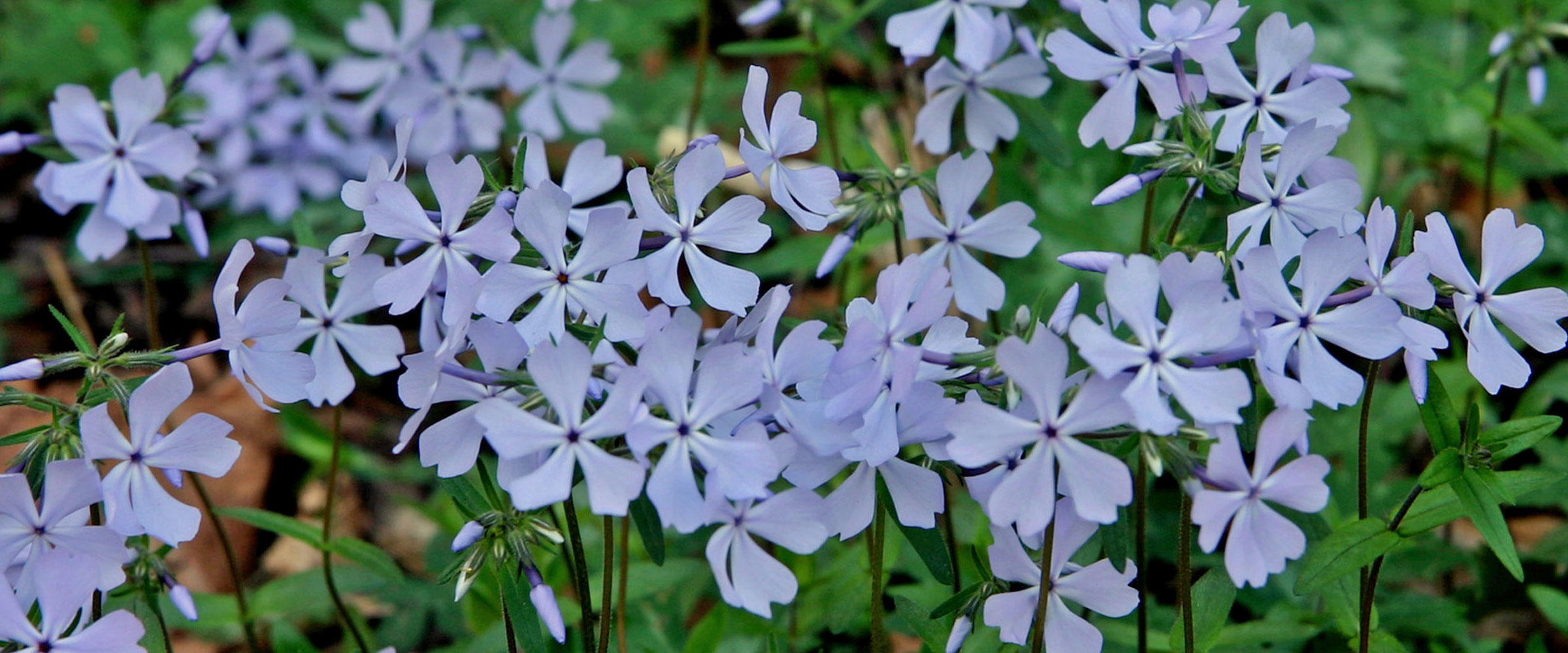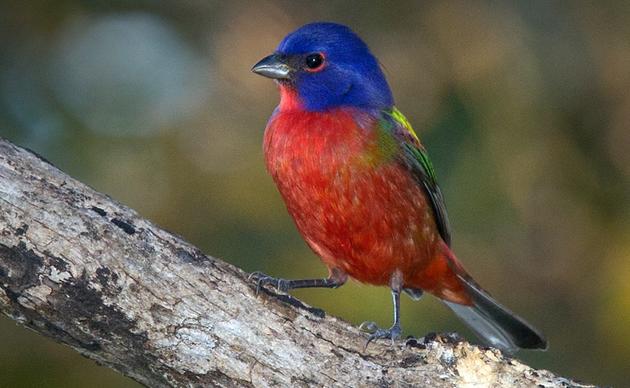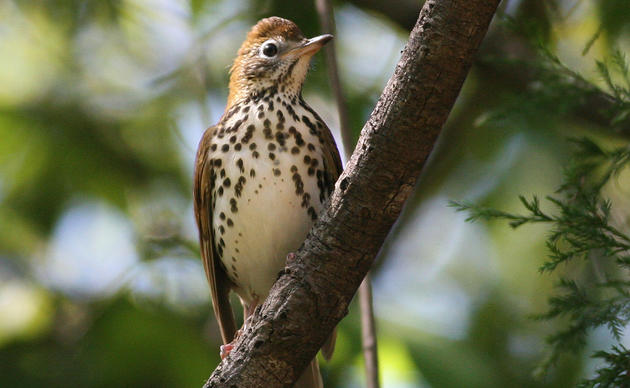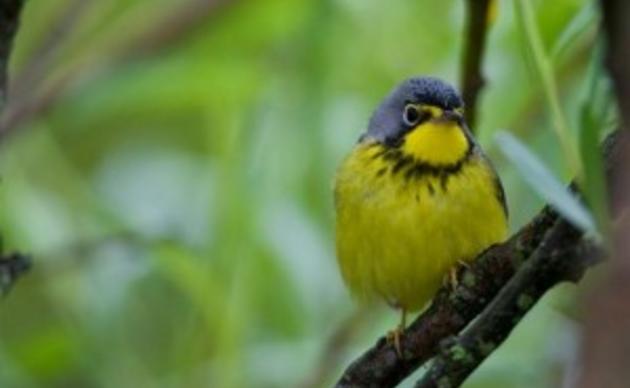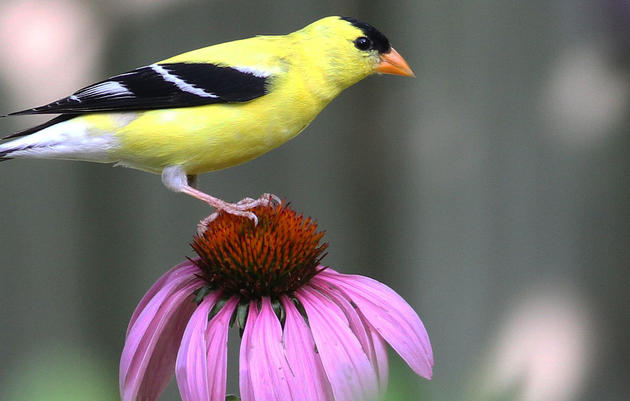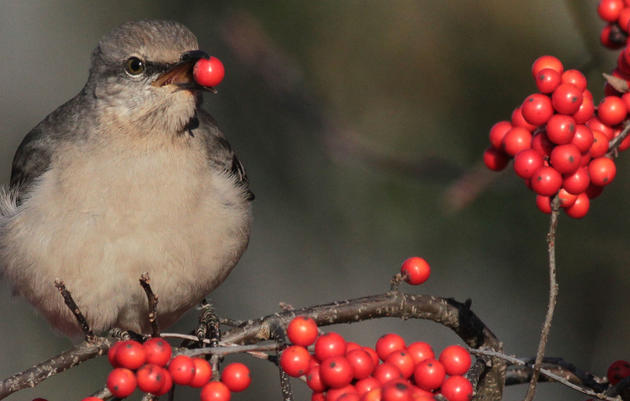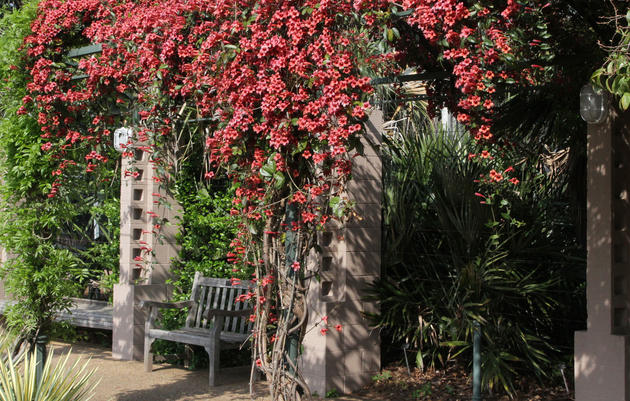Audubon North Carolina is proud to provide this list of 700 (okay, 692) recommended bird-friendly native plants to serve as a guide for native plant enthusiasts across North Carolina.
Nursery owners, city planners, landscapers, landscape design professionals, and gardeners looking to learn more about which plants help birds and pollinators will find the answers here! The 700 list offers a single source for the wildlife benefits of each species, plus everything you need to know to choose a spot where the plant will thrive.
Many thanks to Lisa Lofland Gould and Susan Andrews, both Winston-Salem residents and volunteers for Forsyth Audubon and the Audubon North Carolina Bird-Friendly Communities Team, for their dedication to creating and expanding the list from 400 to 692 plants.
EXPANDED From 400 to 700
The list now includes every North Carolina species that appears in Dr. Larry Mellichamp’s “Native Plants of the Southeast: A Comprehensive Guide to the Best 460 Species for the Garden,” as well as all North Carolina Botanical Garden “Wildflower of the Year” plants!
Species in bird-friendly genera that are becoming more widely available and popular, such as sedges (Carex), Coreopsis, goldenrod (Solidago), and Viburnum, have been added, plus even more pollinator-friendly plants. Those making their debut include three new milkweed species, four ironweed species, and Rattlesnake Master.
UPDATED with More Groupings
Habitats, from upland forests and woodland borders to roadsides, old fields, bogs, and maritime forests, are now included to help you group species following the communities in which they occur in nature.
Habitat descriptions are from Weakley 2015: Flora of the Southern and Mid-Atlantic States.
Wetland status, where assigned by Lichvar et al. 2014: whether species almost always occur in wetlands (Obligate, abbreviated OBL); usually occur in wetlands (Facultative Wetland, FACW); occur in both wetlands and non-wetlands (Facultative, FAC); usually occur in non-wetlands (Facultative Upland, FACU); or almost never occur in wetlands (Upland, UPL). This list does not assign a rating to all species, so only those that have a rating are noted in that column.
What the List IS
- Plants native to North Carolina (according to Weakley 2015: Flora of the Southern and Mid-Atlantic States)
- Plants that can be cultivated in North Carolina
- Plants that benefit birds or other wildlife, especially pollinators, directly
- Plants that vary in availability from widely available at retail nurseries to available only as pass-alongs from gardeners
What the List is NOT
This is not a comprehensive list of all native plants in North Carolina. The absence of a plant on the list does not mean it isn’t native to our state, nor does it mean the plant does not benefit birds or other wildlife (though we’ve made every effort to include plants with a documented benefit to wildlife, especially birds and other pollinators).
For a complete list of references, download the spreadsheet below and refer to the "References" tab.
Funding for this project was provided in part through an Urban & Community Forestry Grant from the North Carolina Forest Service, Department of Agriculture and Consumer Services, in cooperation with the USDA Forest Service, Southern Region.
Related
Bird-Friendly Native Plants of the Year Program
Audubon North Carolina's Bird-Friendly Native Plants of the Year program works to bring back native plants that specifically benefit birds, our environment and our local economy.
Bird-Friendly Native Plants of the Year: For Gardeners
We’re partnering with local plant nurseries and growers to offer more bird-friendly native plants to add to your garden to help our birds.
Bird-Friendly Native Plants of the Year: For Growers and Retailers
We are creating a local base of buyers for native plants, and now we need YOU – our local growers and nurserymen.
How you can help, right now
Donate to Audubon
Help secure the future for birds at risk from climate change, habitat loss and other threats. Your support will power our science, education, advocacy and on-the-ground conservation efforts.
Sign Up For Our eNewsletter
Keep up-to-date on all that happens with Audubon North Carolina's research, events and volunteer opportunities.

